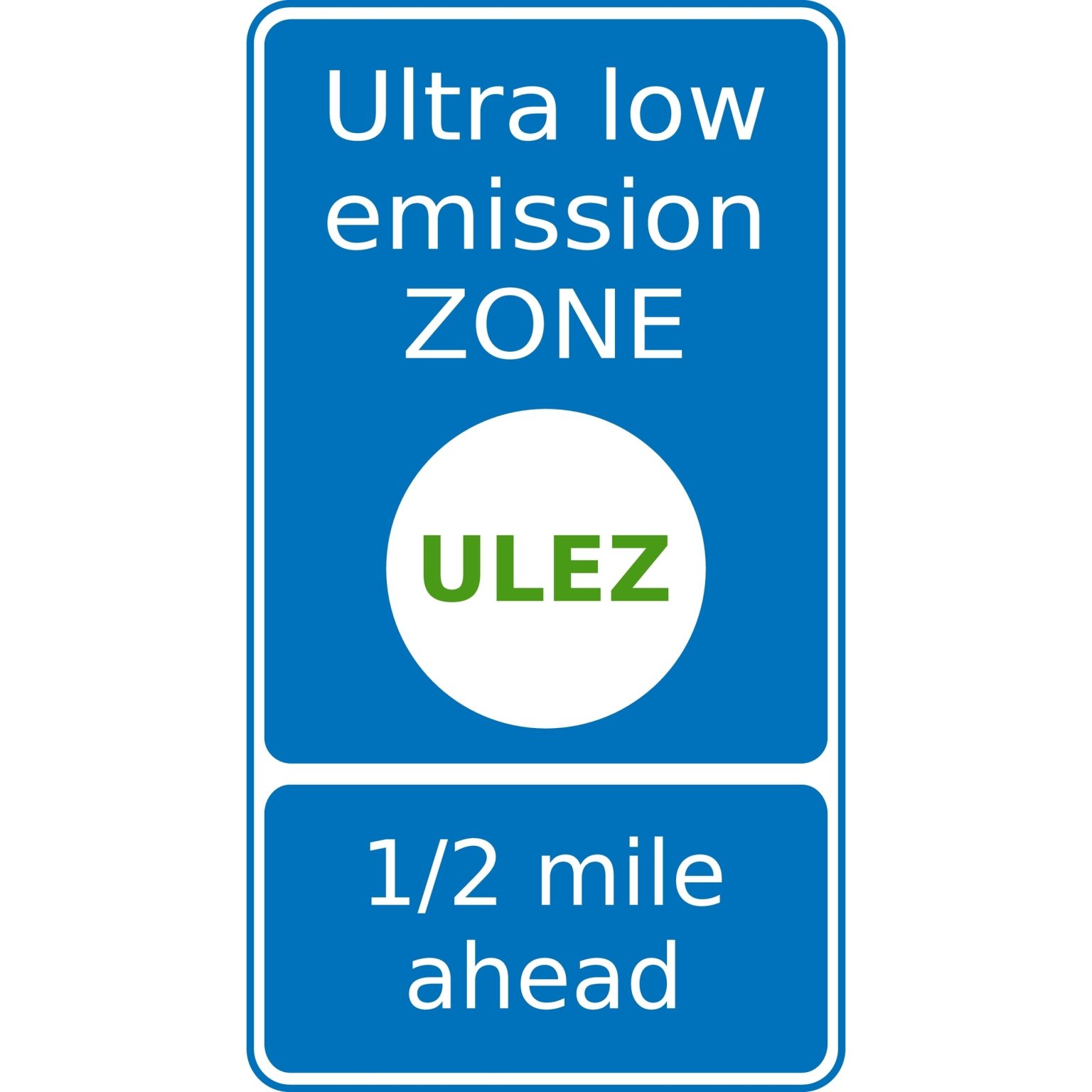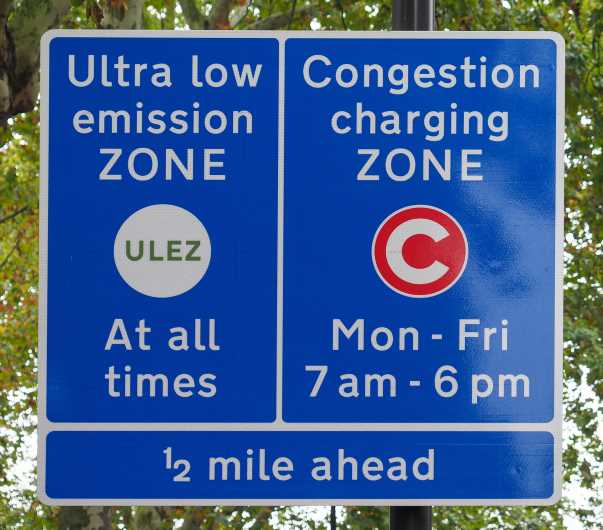Case Study
Taranto and Capita partner on TfL’s ULEZ
London’s Ultra Low Emission Zone is now the world’s largest clean air zone

Capita and Taranto have worked together since 2016 on a number of projects and one of the flagship schemes is Transport for London’s (TfL) Ultra Low Emission Zone (ULEZ). This clean air zone, designed to improve air quality in the UK capital, was introduced in 2018 as an extension of London’s existing Low Emission Zone (LEZ). It was expanded in 2021 to cover London’s north and south circular roads, and again in August 2023. ULEZ now covers all London boroughs, making it the world’s largest Clean Air Scheme.
Capita and Taranto have also collaborated on the enforcement of the London Congestion Charge which aims to reduce congestion and improve traffic flow in central London.
ULEZ expansion
The August 2023 ULEZ expansion covered the entire Greater London Region, bringing a much larger number of vehicles into the zone. The ULEZ extension brought over 5 million additional motorists within the required standards, with the consequent increase in PCNs for non-compliance. Prior to the zone expansion, the number of PCNs issued by the Taranto system was 21,000 per day and after the expansion, this daily figure increased to 28,000. The number of cameras across the region was doubled, with the software needing to be connected to these cameras to enforce the charge for non-compliance.
Major scale = high levels of complexity
The system that administers ULEZ is highly complex, interfacing with multiple third-party systems, including ANPR, payments, challenges and appeals, which all needed to be seamlessly integrated into a complete end-to-end solution. Added to this complexity, to help with the acceptance of the zone extension, TfL wanted a grace period for the introduction of the zone. Therefore, for the first month of operation, those owners of vehicles that were identified as being non-compliant, received a warning notification. In order to send out these notifications, the system needed to be adapted and new rules coded to allow the warning notices to be sent out.
Once the warning notice period had ended, enforcement had to be carried out. With the extension of ULEZ, the number of PCNs issued for non-compliance increased by 50%, from around 1 million prior to the extension to nearly 1.5 million from September 2023 – April 2024, with almost 1 million of these fines for non-compliance with the expanded ULEZ remaining unpaid. All of these PCNs needed to be processed by the Taranto system and administered by Capita.
A robust technology platform as a service
The Taranto system operates in a Platform-as-a-Service (PaaS) environment, allowing it to scale quickly according to specific client needs. As the ULEZ extension vastly increased the workload for both Capita and Taranto, the PaaS helped to roll out the project with minimal disruption, enabling the increased volume of PCNs to be accommodated.
Taranto PaaS is inherently more efficient, enabling upgrades such as the ULEZ expansion to be carried out faster and as smoothly as possibly, using auto-deployment processes. Instead of relying on manual intensive upgrades, PaaS is driven by scripts that take information from a centrally located configuration file, deploying the application into the Azure Cloud, auto-publishing into the SQL Client environment. This approach is much faster, reduces errors through automation and minimises downtime. If TfL requires future enhancements or expansions to ULEZ, this can be achieved through this methodology.
Commitment to excellence
Prior to rollout of the ULEZ expansion, Taranto and Capita extensively tested the new system, making sure it was robust enough to handle the increased volume of work and to operate as smoothly as previously. Capita expanded its contact centre workforce, which relies on the Taranto solution to handle payments, representations and appeals, making the process as pain-free as possible for the motorist.
Delivering change for London
ULEZ has made significant improvements to air quality in the capital: TfL reports a 50% reduction in Nitrous Oxide (NOx), carbon dioxide emissions reduced by more than 800,000 tonnes, and air quality improving five times faster than the rest of the UK.
The majority of vehicles in London meet ULEZ standards, with only one in 20 vehicles not meeting ULEZ requirements. ULEZ compliance has increased from 85% to 95% – and since the ULEZ expansion across Greater London, indications are that compliance is also increasing in the outer London boroughs. Ultimately, enforcement of ULEZ will no longer be necessary as an increasing number of vehicles will meet the emissions standards.
Taranto and Capita’s role in rolling out the ULEZ expansion in London highlights the essential behind-the-scenes work required to enforce and manage such a critical environmental initiative. The challenges posed by the ULEZ expansion were achieved through collaboration of everyone involved, using a robust and resilient platform, integrating various systems seamlessly to ensure the efficient PCN processing. As London continues to lead the way in addressing air pollution and environmental concerns, the collaboration between organisations like Taranto, Capita and TfL demonstrates how technology and innovation can contribute to a cleaner, healthier future for London’s citizens.

For more information on the ULEZ or Taranto’s other road tolling enforcement projects,